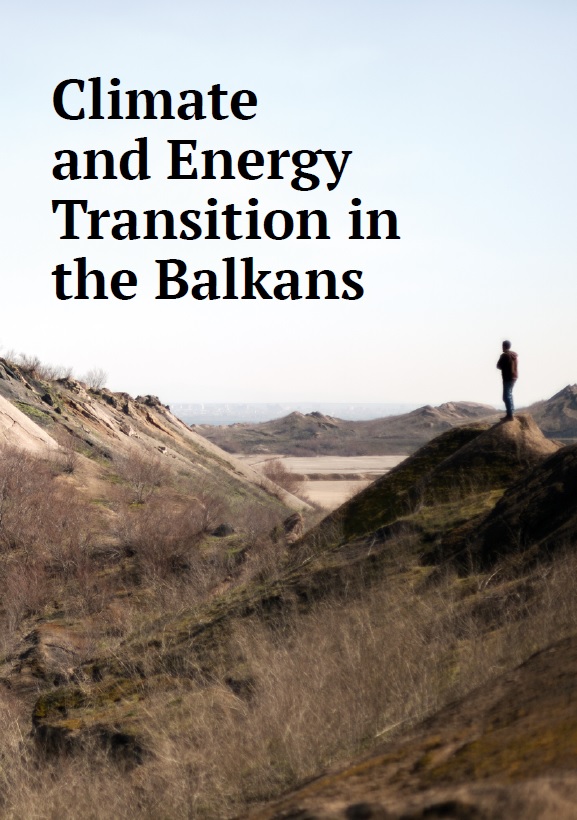CLIMATE AND ENERGY TRANSITION IN THE BALKANS

While political elites do not even use euphemisms for their practices, mostly corrupted by western European capital, grassroots struggles and left political views on parliamentary levels are seldom (in non-EU countries) if not non-existant (in EU countries). Reason for this is a «shock doctrine».
We are constantly bombarded with different neoliberal reforms and at the same time completely exposed to deteriorating political culture. This is not inherent in our social or historical contexts but is imported with capitalism in which any socialist policy is considered a curse word. Even this year during elections for European Parliament, allegedly left-wing political option publicly denounced socialism on public TV. Recycling and different green practices are still being introduced bottom-up, meaning parents learn about them from their children, and the infrastructure is extremely weak, despite penalties Croatia gets from the EU. Those stubborn enough do not emigrate, while most young and educated move to the West. The political climate is a reason for moving away equal to the economic one.
This is the context in which Bilten exists and it is precisely the reason for our existence. Our goal is to reconnect Balkan countries separated by wars and right-wing politics. We criticize our respective countries writing from similar perspectives to emphasize that our political and economic problems are not, in fact, the result of our backwardness, of our alleged social underdevelopment and similar. We criticize auto-racist and auto-colonial perspectives, instead, we put the issues we tackle in a broader social, economic and historical context. Reason for this and other publications done in collaboration with transform! europe is to make that abstract perspective even more salient. In five years of our existence we have published on daily basis, and we have produced a lot of knowledge and a lot of information. We write in Bosnian-Croatian-Serbian dialect precisely because our audiences are our people. Publications in the English language are an attempt to bring our perspectives to the non-BCS speaking countries, especially in the European Union where our interests have no left representatives of our own.
